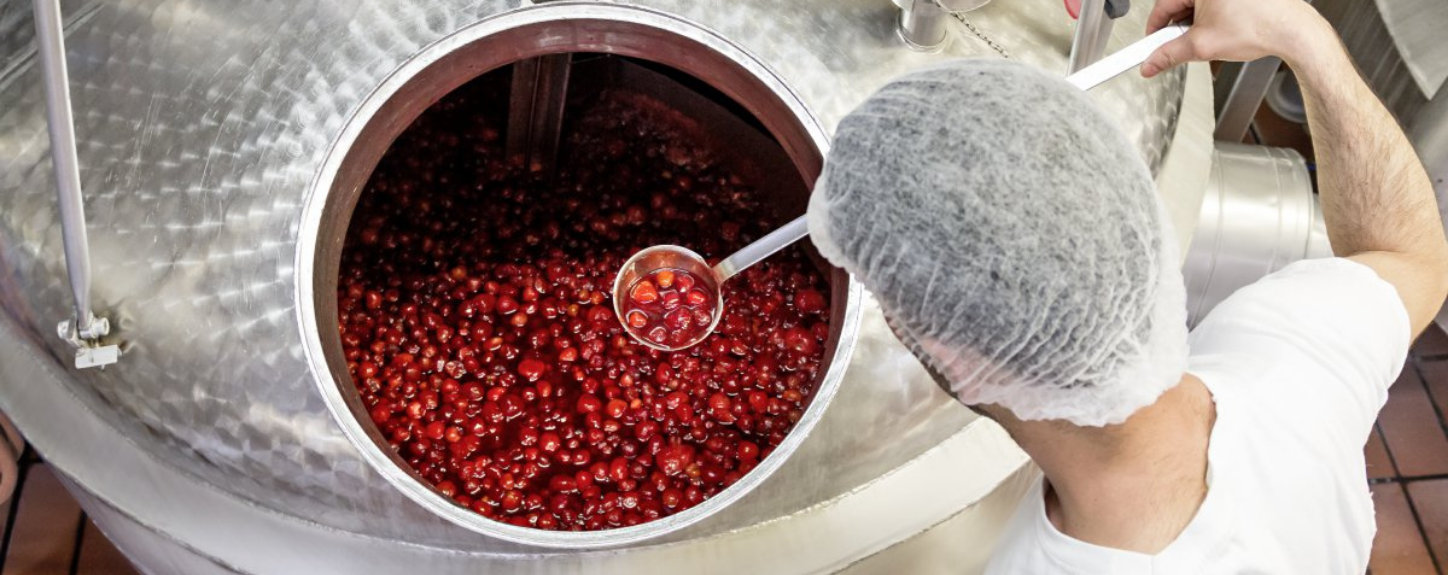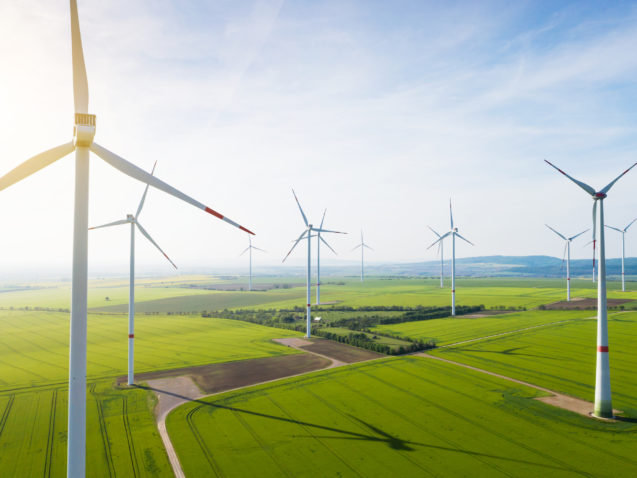As part of our #FoodFuture project we’re asking how we can deliver truly sustainable food systems. We’re listening to farmers, consumers, policymakers, businesses, NGOs, academics and others. By listening and working together, we will create a better future. This month we’re looking at climate action and we spoke to the European Association of Fruit and Vegetable Processing Industries, PROFEL.
As climate change starts to demonstrate its impact on our food production, there is an unquestionable urgency to move towards more sustainable food systems. The fruit and vegetable processing sector holds important answers to Europe’s key food challenges by providing sustainably produced fruits and vegetables products, assuring food security through all-year round availability, and helping people to increase their daily intake of healthy and nutritious plant-based foods. The fruit and vegetable processing industry captures and preserves the natural richness of fruit and vegetables.
The recurring extreme weather patterns of recent years have resulted in crop failures from drought, floods, pests and diseases, all of which pose an existential threat to businesses. The sector is therefore strongly committed to tackling climate change, through different actions making the industry more decarbonised, circular, and sustainable.
Inherently, processed fruits and vegetables are sustainable and part of the solution. The raw material is mostly locally grown, and the factories are close to the fields. The unwanted or inedible parts of the plant are separated during harvest and often ploughed back into the field to increase soil organic matter, improving soil health, and avoiding unnecessary transport. Furthermore, processors frequently make use of misshapen and over or undersized fruits and vegetables, thus maximizing a crop’s potential and avoiding food waste. Other parts of the crop that are removed from the plant during processing are used for animal feed and bioethanol production. Due to the products’ long shelf-life, losses due to deterioration or damage during transport are reduced. Moreover, handy portion sizes, ready-peeled and prepared, allow consumers to plan their meals effectively and reduce food waste at household level. The production of processed fruits and vegetables therefore helps to minimize food waste both at grower and consumer level.
Preserving fruit and vegetables requires considerable use of water, notably for washing but also cleaning to meet the highest hygiene standards. To reduce water consumption, substantial investments have been made in water treatment installations, allowing reuse for irrigation and purification to drinking water quality.
Regarding packaging containers, glass and metal as the most widely used materials by the industry have high recycling rates.
The processed fruits and vegetables sector is constantly investing to decarbonise its production. As the FoodDrinkEurope’s decarbonisation roadmap points out, the shift to renewable energies and regular energy audits are key to achieve the ambitious climate neutrality by 2050 target.
While heat, cold and dehydrating preservation techniques like canning and freezing are energy-intense processes, companies are continuously improving their energy efficiency, and invest into renewable energies – notably solar panels, wind energy and biomass production. Specific measuring and monitoring systems track energy consumption and water use, and production sites are regularly audited for their resource efficiency.
Building upon these best practices, the processed fruit and vegetable sector is well advanced in its efforts to move towards a circular economy and is deeply committed to meeting sustainability targets towards the ultimate goal of carbon neutrality.




